Bronze Statuette Of A Dancing Satyr, Roman, 3rd-2nd Century BC The House Of The Faun, Pompeii Museo Archeologico

Bronze statuette of a dancing satyr, Roman, 3rd-2nd century BC The House of the Faun, Pompeii Museo Archeologico Nazionale (inv. 5002)
More Posts from Ancientpansy and Others
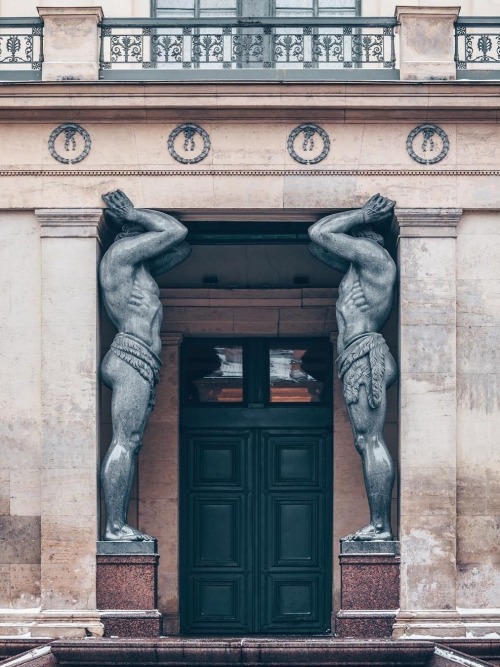
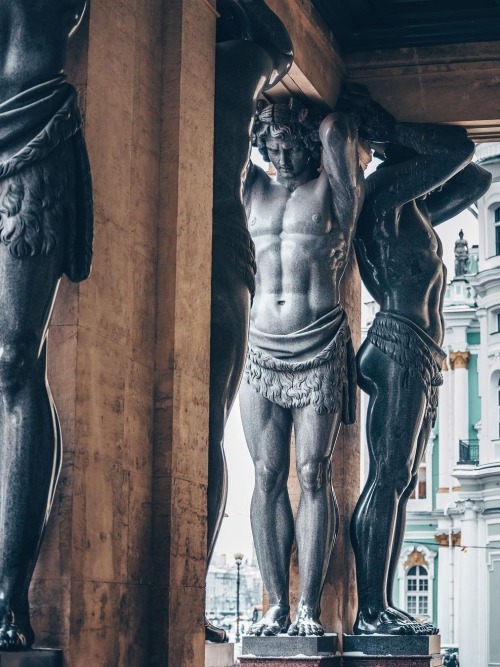
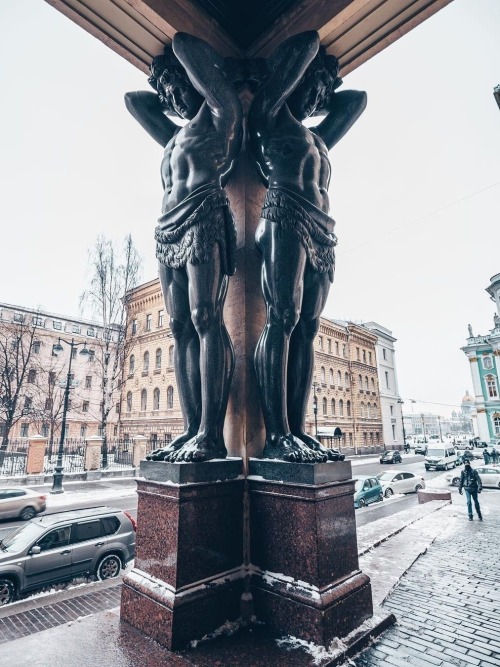
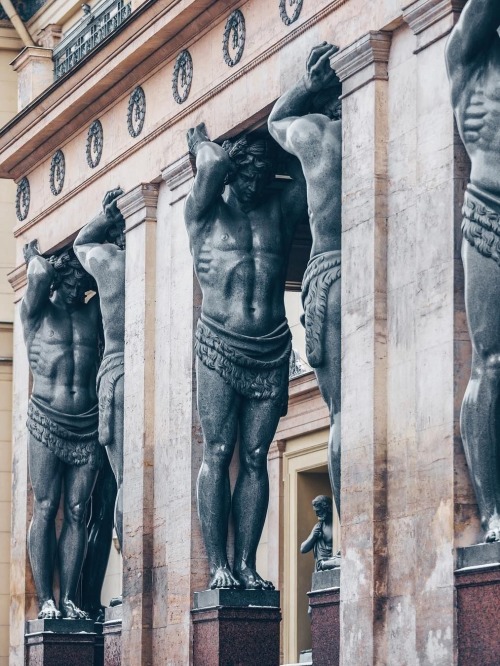
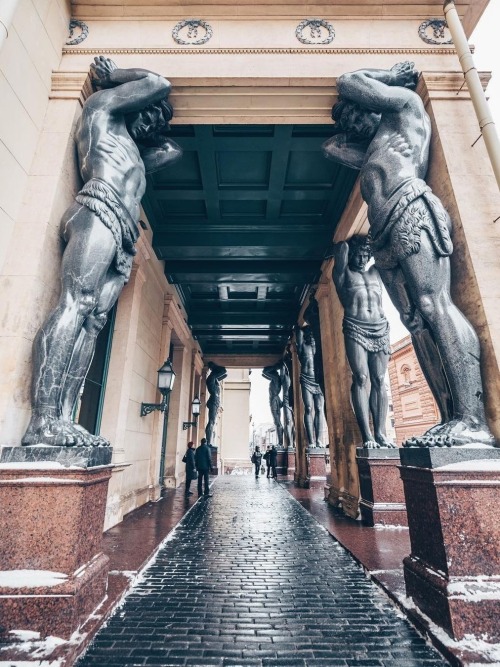
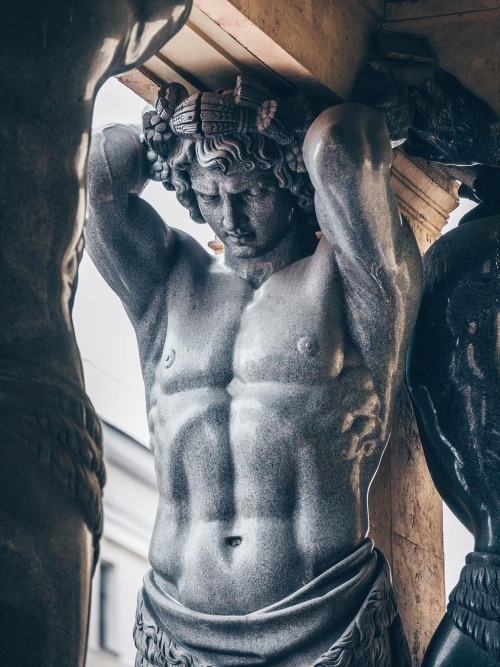
Atlas Statues outside the Hermitage Museum, Saint Petersburg

Church of Chavenay
Yveline region of France
Pierre Poschadel


Sculpture details.




Jordanian Staircase, Winter Palace, St. Petersburg, Russia,
Source: piter places




Dunsborough Park, Surrey
lhackett
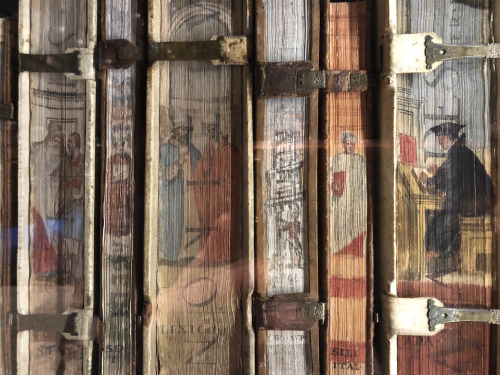
Decorated pages from the Beinecke Rare Book Library at Yale University










𝙼𝚒𝚛𝚖𝚊𝚗𝚍𝚎
𝚄𝚗 𝚍𝚎𝚜 𝚙𝚕𝚞𝚜 𝚋𝚎𝚊𝚞𝚡 𝚟𝚒𝚕𝚕𝚊𝚐𝚎𝚜 𝚍𝚎 𝙵𝚛𝚊𝚗𝚌𝚎
𝙳𝚛𝚘̂𝚖𝚎 / 𝙵𝚛𝚊𝚗𝚌𝚎 🇫🇷
𝙱𝚢 ©️𝙻𝙼®️
At 40, Franz Kafka (1883-1924), who never married and had no children, was walking through a park one day in Berlin when he met a girl who was crying because she had lost her favourite doll. She and Kafka searched for the doll unsuccessfully.
Kafka told her to meet him there the next day and they would come back to look for her.
The next day, when they had not yet found the doll, Kafka gave the girl a letter "written" by the doll saying "please don't cry. I took a trip to see the world. I will write to you about my adventures."
Thus began a story which continued until the end of Kafka's life.
During their meetings, Kafka read the letters of the doll carefully written with adventures and conversations that the girl found adorable.
Finally, Kafka brought back the doll (he bought one) that had returned to Berlin.
"It doesn't look like my doll at all," said the girl.
Kafka handed her another letter in which the doll wrote:
"my travels have changed me." The little girl hugged the new doll and brought the doll with her to her happy home.
A year later Kafka died.
Many years later, the now-adult girl found a letter inside the doll. In the tiny letter signed by Kafka it was written:
"Everything you love will probably be lost, but in the end, love will return in another way."


Museum of Applied Arts (Ödön Lechner and Gyula Pártos, 1893-1896), Budapest, Hungary




The rain writes poetry on my window ☂︎⋆.°·☁︎
-
 historicalromance liked this · 1 week ago
historicalromance liked this · 1 week ago -
 suburban-refuge liked this · 1 week ago
suburban-refuge liked this · 1 week ago -
 sydlewie liked this · 1 week ago
sydlewie liked this · 1 week ago -
 awesomeastearsgoby liked this · 1 week ago
awesomeastearsgoby liked this · 1 week ago -
 sagelessichor liked this · 1 week ago
sagelessichor liked this · 1 week ago -
 mansuetus reblogged this · 1 week ago
mansuetus reblogged this · 1 week ago -
 sadieadlr liked this · 1 week ago
sadieadlr liked this · 1 week ago -
 sailormoonsavedme liked this · 1 week ago
sailormoonsavedme liked this · 1 week ago -
 aphrogeneia liked this · 1 week ago
aphrogeneia liked this · 1 week ago -
 sapphoseraphim liked this · 1 week ago
sapphoseraphim liked this · 1 week ago -
 sephospaganplace reblogged this · 1 week ago
sephospaganplace reblogged this · 1 week ago -
 nixs liked this · 1 week ago
nixs liked this · 1 week ago -
 talkingtocandles reblogged this · 1 week ago
talkingtocandles reblogged this · 1 week ago -
 thesmophorus reblogged this · 1 week ago
thesmophorus reblogged this · 1 week ago -
 magicwingslisten reblogged this · 1 week ago
magicwingslisten reblogged this · 1 week ago -
 inexplicablynotional reblogged this · 1 week ago
inexplicablynotional reblogged this · 1 week ago -
 urchin55-blog liked this · 1 week ago
urchin55-blog liked this · 1 week ago -
 ancientpansy reblogged this · 1 week ago
ancientpansy reblogged this · 1 week ago -
 ancientpansy liked this · 1 week ago
ancientpansy liked this · 1 week ago -
 artificial-insemination liked this · 1 week ago
artificial-insemination liked this · 1 week ago -
 mabelwinters liked this · 1 week ago
mabelwinters liked this · 1 week ago -
 rebilo liked this · 1 week ago
rebilo liked this · 1 week ago -
 bruxesco liked this · 1 week ago
bruxesco liked this · 1 week ago -
 t4h2c-0 liked this · 1 week ago
t4h2c-0 liked this · 1 week ago -
 legoff72 liked this · 1 week ago
legoff72 liked this · 1 week ago -
 amer63 liked this · 1 week ago
amer63 liked this · 1 week ago -
 vrafeter liked this · 1 week ago
vrafeter liked this · 1 week ago -
 imasender liked this · 1 week ago
imasender liked this · 1 week ago -
 paintedmale reblogged this · 1 week ago
paintedmale reblogged this · 1 week ago -
 rugforde liked this · 1 week ago
rugforde liked this · 1 week ago -
 queer-boo-radley liked this · 1 week ago
queer-boo-radley liked this · 1 week ago -
 skycladsorcerer reblogged this · 1 week ago
skycladsorcerer reblogged this · 1 week ago -
 tallguyswithsmalldicks liked this · 1 week ago
tallguyswithsmalldicks liked this · 1 week ago -
 randomspauser liked this · 1 week ago
randomspauser liked this · 1 week ago -
 evergreensss99 liked this · 1 week ago
evergreensss99 liked this · 1 week ago -
 feartheshadowsofnight liked this · 1 week ago
feartheshadowsofnight liked this · 1 week ago -
 nwmountainguy liked this · 1 week ago
nwmountainguy liked this · 1 week ago -
 edmdantes reblogged this · 1 week ago
edmdantes reblogged this · 1 week ago -
 howeveragain reblogged this · 1 week ago
howeveragain reblogged this · 1 week ago -
 o-sch liked this · 1 week ago
o-sch liked this · 1 week ago -
 anisotrophic reblogged this · 1 week ago
anisotrophic reblogged this · 1 week ago -
 anisotrophic liked this · 1 week ago
anisotrophic liked this · 1 week ago -
 hairyhungvers liked this · 1 week ago
hairyhungvers liked this · 1 week ago -
 darkpatrolwolf reblogged this · 1 week ago
darkpatrolwolf reblogged this · 1 week ago -
 darkpatrolwolf liked this · 1 week ago
darkpatrolwolf liked this · 1 week ago -
 ukhudshanskiy reblogged this · 1 week ago
ukhudshanskiy reblogged this · 1 week ago
Old things are always in good repute, present things in disfavor. Tacitus
3 posts